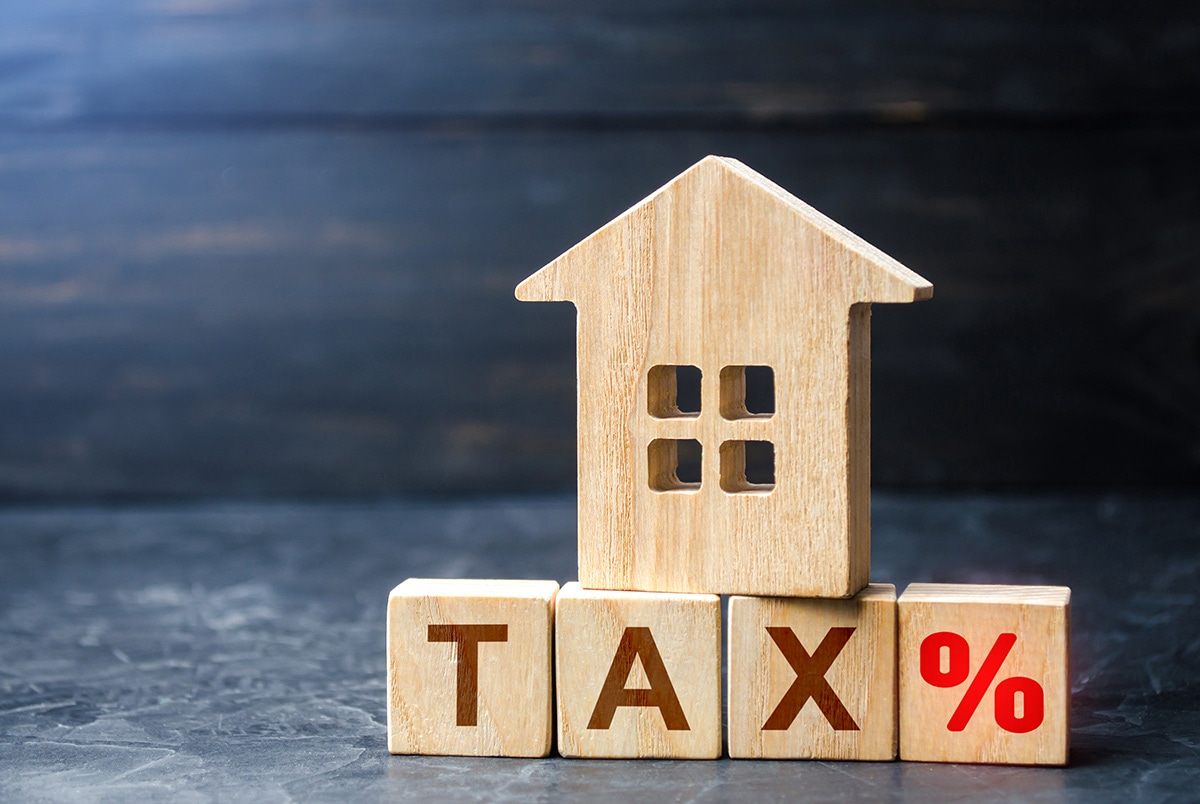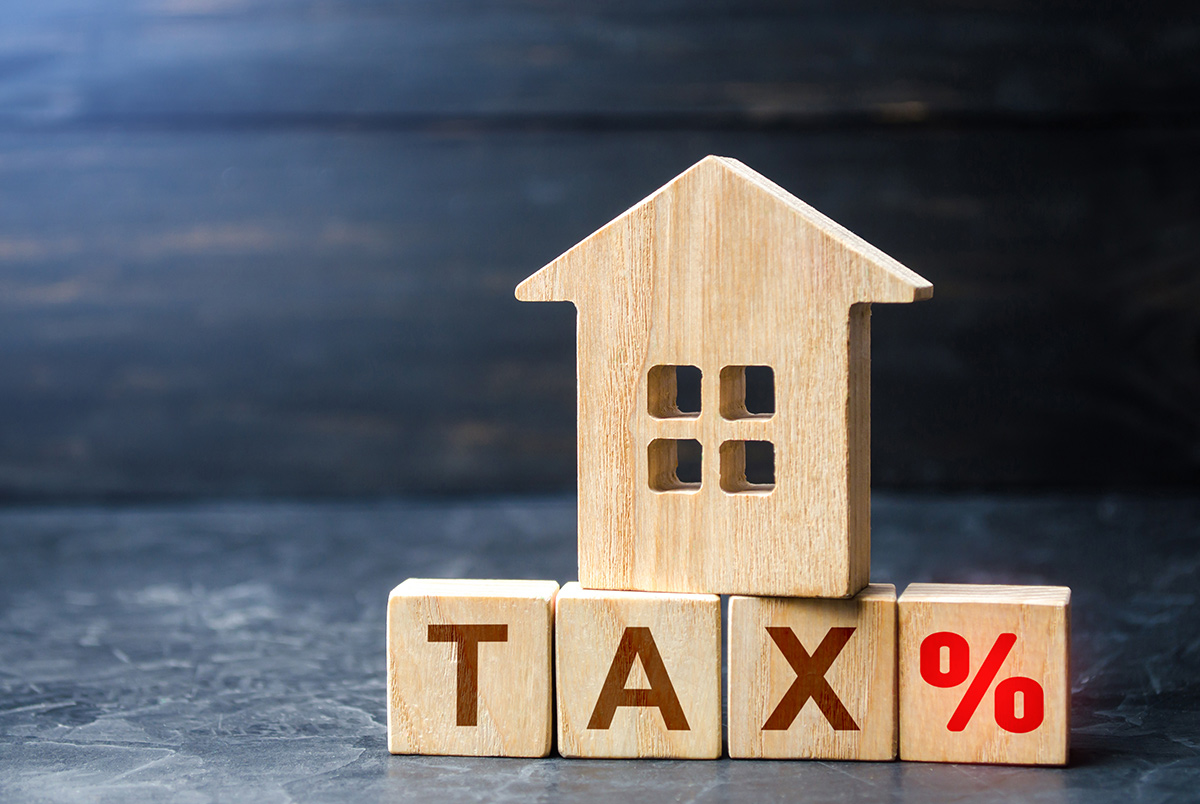
When buying a residential property, a buyer has additional payments to make other than the contract price. These additional payments can include:
- Fees to lodge documents for transfer of ownership at the Titles Office; and
- Transfer duty liability with the Queensland Revenue Office.
The Queensland Revenue Office have implemented additional fees on transfer duty for foreign purchasers.
Who is a foreign buyer?
The definition of a foreign buyer under the Foreign Ownership of Land Register Act 1988 (Qld) was amended in 2020 as follows:
- a foreign individual – that is a person other than an Australia citizen of permanent resident of Australia;
- a foreign corporation – a company incorporated outside of Australia or a corporation that has foreign persons controlling at least 50% of voting power or shares in the corporation; or
- a trustee of a foreign trust – the criteria provided for is section 237 of the Duties Act 2001 (Qld).
If you fall in any of the above categories, you are considered a foreign person and have to pay an additional amount to the Queensland Revenue Office on top of your current transfer duty liability for the purchase contract.
Additional Foreign Acquirer Duty
The additional payment foreign buyers have to pay to the Queensland Revenue Office is called Additional Foreigner Acquirers Duty, or AFAD for short.
AFAD arises where a foreign person:
- purchases land in Australia;
- the purchased property is residential land; and
- the agreement to purchase the property (typically a contract) is dated on or after 1 October 2016.
When is AFAD applicable
AFAD is applicable on residential land, which includes:
- homes and apartments;
- vacant land where homes and apartments will be built;
- land for development such as smaller unit blocks, housing subdivisions or developments with a residential component; and
- buildings being refurbished, renovated or extended for residential use.
How is AFAD calculated
AFAD is calculated on 7% of the contract purchase price (GST inclusive). However, AFAD is calculated only on the foreign buyer’s interest in the property. This is relevant in situations where a foreign buyer is purchasing a property with an Australian citizen or permanent resident. AFAD will only be calculated on the foreign buyer’s interest in the property rather than the whole contract purchase price.
For example:
- if a foreign person and Australian citizen entered into a contract to purchase a residential property together;
- the contract purchase price is $500,000.00; and
- the foreign person will have a 50% interest in the property
AFAD would be calculated as follows:
$500,000 × 50% interest in property × 7% for AFAD = $17,500 to pay in AFAD
As AFAD is being paid on top of a buyer’s usual obligation to pay transfer duty, there may times where a buyer can claim an exemption from paying the transfer duty (such as first home concession). Claiming a first home concession will not also stop a foreign person’s obligation to pay AFAD.
Do you have to notify anyone if you are a foreign buyer?
In the situation where a foreign person is buying a property for investment purposes, they may require approval before actually purchasing a property. The Foreign Investment Review Board (FIRB) is the body foreign buyers should apply to purchase residential property for investment purposes. An application fee to the FIRB may be applicable and the fee is calculated based on the purchase price under the contract.
Any foreign persons who purchase an interest in land must lodge a notification of foreign ownership with the registrar within 90 days of the acquisition of the land under the Foreign Ownership of Land Register Act. A foreign person selling their interest in land must notify the registrar.
Changing your foreign residency status
If on 30 June a person becomes a foreign person, or a foreign resident is no longer considered foreign, they must advise their change of status by 30 September of that year. Failing to notify the change of status may incur penalties.
If a foreign person’s residency status changes so that they are no longer a foreign, they will not be able to reclaim their AFAD payment. AFAD will continue to apply to a transaction even if the residency status changes to non-foreign at a later date.
Conclusion
If you are looking to buy a residential property in Australia and you are not an Australian citizen or permanent resident, you may be required to pay AFAD. This will be on top of your obligation to pay transfer duty to the Queensland Revenue Office for your purchase contract. AFAD will only be calculated based on the foreign buyer’s interest in the property and calculated on 7% of the contract purchase price.
If you have any questions or require assistance with AFAD or conveyancing matters in Queensland, please contact the property team at NB Lawyers for more information.
About the Author

Kayleigh Swift, Director
NB Property Law
[email protected]
(07) 3876 5111
Kayleigh Swift is a Director of our Property team who showcases her expertise in Commercial and Residential property matters.. With a high level of experience in commercial and retail leasing, voluntary and involuntary purchase and sale acquisitions and property development matters, Kayleigh provides practical advice to ensure smooth property transactions.

